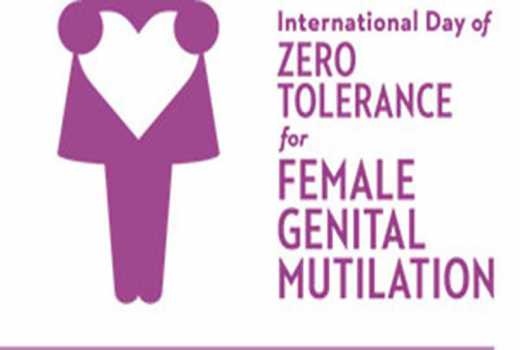×
The Standard e-Paper
Join Thousands Daily

A few weeks ago, I met the outstanding Jaha Dukereh, a young Gambian activist who is changing minds and laws as she campaigns against female genital mutilation (FGM) or female genital cutting (FGC), which is prevalent in Gambia, many parts of Africa, some parts of Asia and in the Middle East.
Still only in her twenties, Jaha has not only accomplished some major feats, she has also been celebrated and honoured, and is the subject of a fascinating documentary called “Jaha’s Promise.”